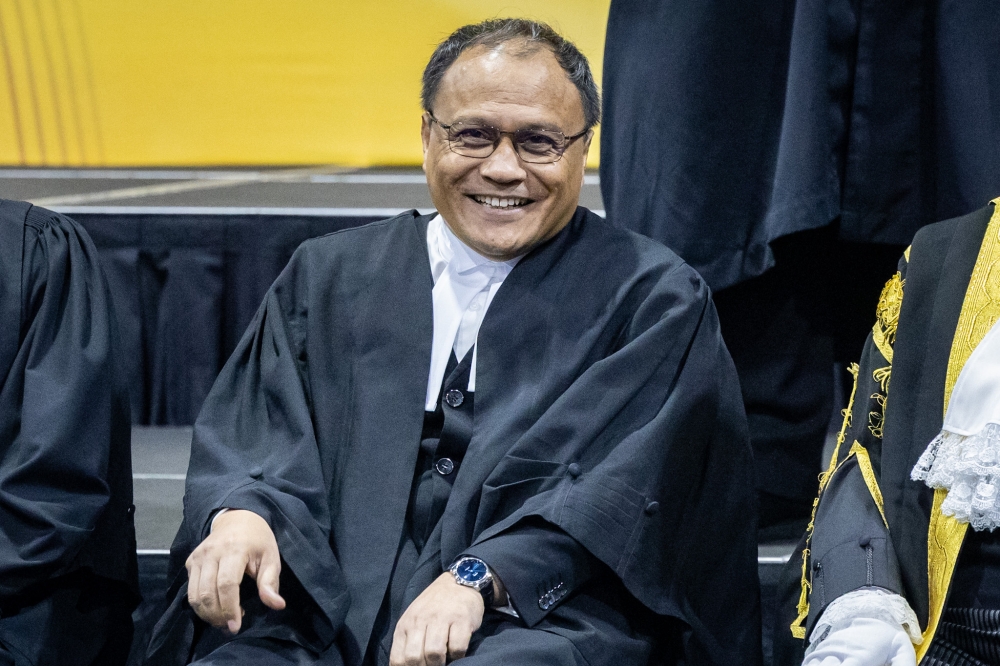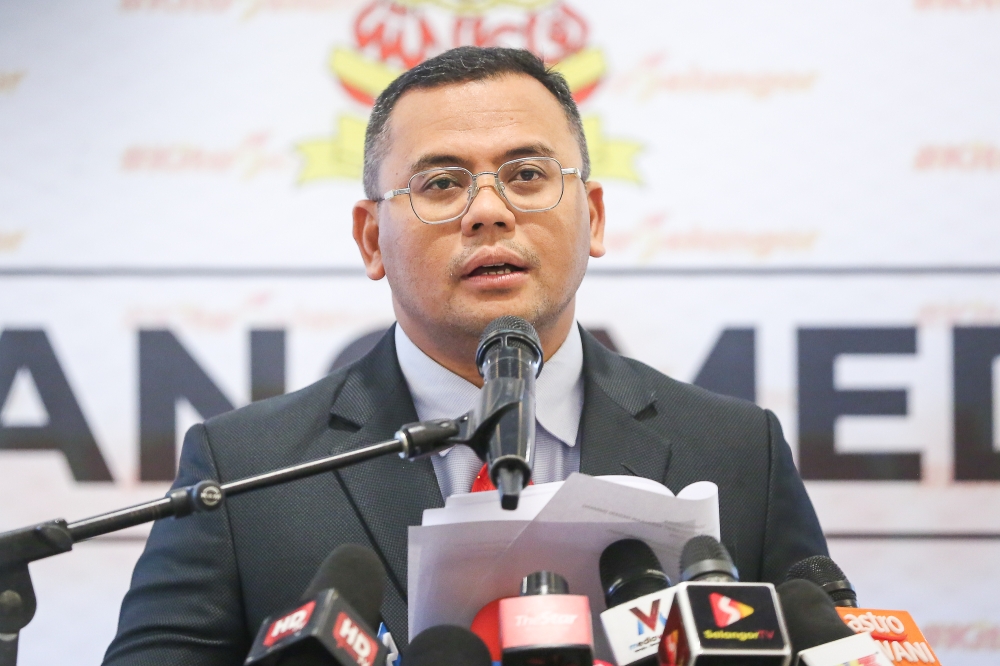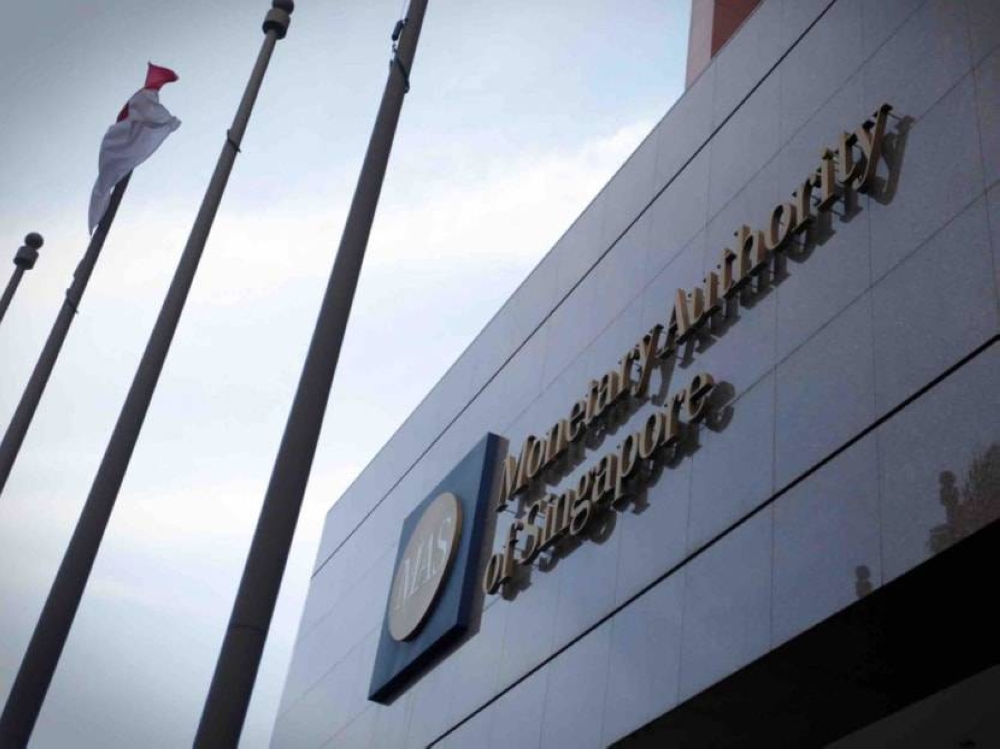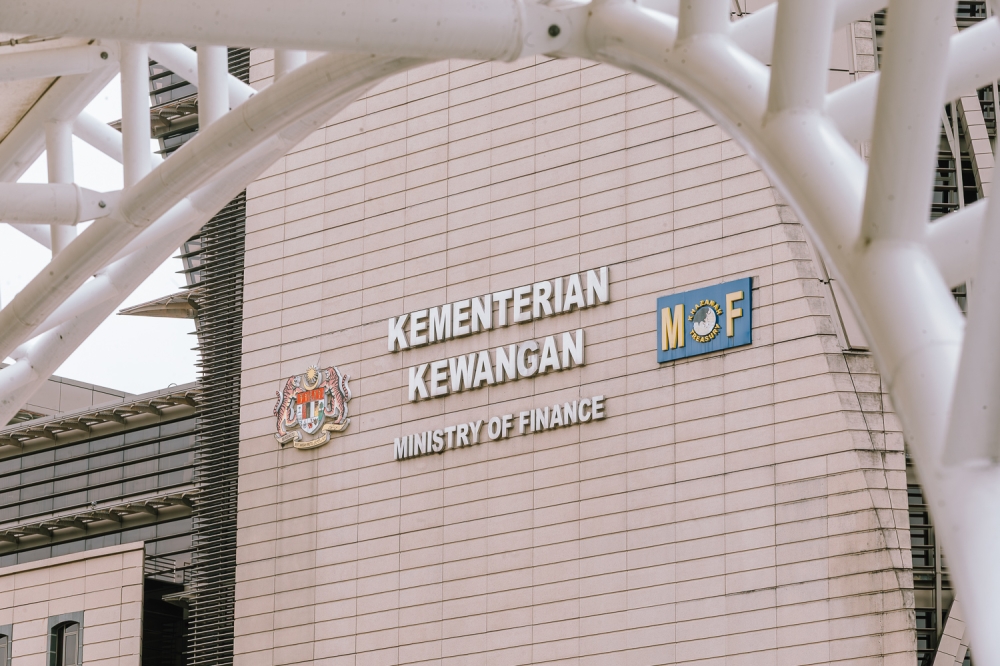SINGAPORE, Nov 14 — Bankrupt cryptocurrency exchange FTX does not operate in Singapore, the Monetary Authority of Singapore (MAS) said today.
The firm is neither licensed nor exempted from licensing here, the central bank added.
MAS issued this statement amid reports that many Singaporeans had invested in the beleaguered cryptocurrency exchange and are now at risk of losing their money.
Among the questions that have been raised since the FTX collapse is why MAS had not made a move to stop the company from collecting funds from Singapore-based investors, when it had done so against Binance, another cryptocurrency exchange and FTX's biggest rival.
“Questions have been raised as to whether 'banning' Binance and placing it on the Investor Alert List (IAL) have led Singapore users to invest through FTX.com," MAS noted in its statement.
It clarified: "Binance was not banned from operating in Singapore. Binance did not have the requisite licence to solicit customers from Singapore and had to cease doing so. MAS lists on the IAL entities that may be wrongly perceived as being regulated by MAS, as was the case for Binance.com."
MAS added that it would not be meaningful to list all unlicensed entities on the IAL, and MAS did not have cause to list FTX on the IAL on the same basis as Binance.
MAS noted that while FTX does not operate in Singapore, it is not possible, however, to prevent Singapore users from directly acessing overseas service providers.
FTX started bankruptcy proceedings in the United States last week, with founder and chief executive officer Sam Bankman-Fried also resigning.
On Friday, Forbes published a list of FTX investors who have the most to lose if the company can’t be saved, which include state investment firm Temasek.
MAS noted that questions have also been raised as to why FTX’s Singapore users were not migrated to Quoine, FTX's Singapore-based subsidiary.
In its statement, MAS said Quoine is currently exempt from licensing while its license application is under review.
“MAS is carefully reviewing the application, taking into account recent developments," the regulator added. “The funds of Singapore investors in FTX.com are not parked under Quoine as FTX.com and Quoine operate as separate legal entities.
Singapore users had the choice to deal with either website, MAS noted, adding that it had not required FTX to migrate its Singapore users to Quoine.
Digital payment token service providers licensed by MAS are regulated for money laundering and terrorism financing risks, as well as technology risks, said the central bank. But they are not regulated for safety and soundness.
“They are not subject to risk-based capital or liquidity requirements, nor are they required to safeguard customer monies or digital tokens from insolvency risk,” MAS said. “This is similar to the approach taken in most jurisdictions.”
The MAS issued a consultation paper on Oct 26 proposing regulatory measures to reduce consumer risks from crypto trading. This is set to close on Dec 21.— TODAY





















